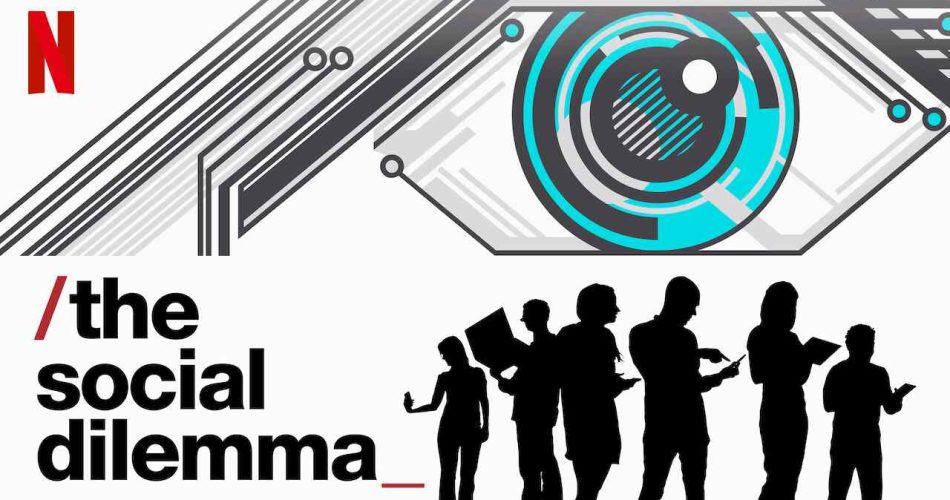What a difference a decade makes!
In 2010, when the film “The Social Networking” came, Facebook was the darling of the world, it was seen as a spreader of joy, of breaking the hold of the big media and empowering the masses. The youngsters seen in the story were smart and determined to change the world. Change they did, and it didn’t turn out to be all good, the world has recently seen the harms that are influenced (weaponised as they are now called) due to the social media platforms. Last week, we saw the USA’s House Committee release a 449-page report on how the Big-Tech have been abusing their market power.
Last year, I had written about how I was and planning to limit my usage of social media. Unfortunately, the pandemic came and I turned often to these very platforms for constant updates and reassurances during the lockdown. Now, it has become a habit for me to check the number of COVID cases in my city and around the world every day in the evening, and then I see myself getting into a rabbit hole of reading COVID news for the next few hours. I recently heard the term “Chaotic Evil” – as humans, we have mechanisms to distinguish the good from the bad, to identify “Evil” when we see one, but we don’t have any evolutionary defences against “Random” evils that don’t follow any pattern or rules; and social media has become a form of Chaotic Evil.
 It is in this backdrop, the documentary “The Social Dilemma” has been released. It is available in Netflix and is a must-watch for technologists, lawmakers and anyone using these platforms. I liked the style of narration in the film – A series of sharply-edited interviews with the very people who built the technologies powering Facebook, YouTube, Twitter and Google, intertwined with the story of a family where the kids get addicted to their phones.
It is in this backdrop, the documentary “The Social Dilemma” has been released. It is available in Netflix and is a must-watch for technologists, lawmakers and anyone using these platforms. I liked the style of narration in the film – A series of sharply-edited interviews with the very people who built the technologies powering Facebook, YouTube, Twitter and Google, intertwined with the story of a family where the kids get addicted to their phones.
In the interviews, they describe the harm these platforms have caused and how they are an existential threat to the human race if we don’t regulate them. The central idea discussed is the flawed advertisement based business model these platforms depend on; the more fake news and polarizing post that gets promoted, the more engagement they get, and that leads to more revenue to the companies. So there are no incentives for these companies to self-regulate or course correct and I agree with that assessment.
For a documentary to be fair, it should show both sides of the argument and this was not present here – there was almost nothing about the positive impacts of social media, which I believe are many. I have fostered good friendships online and every day I learn so much that I wouldn’t have, if not for social media platforms.
A few other ideas mentioned in the film are:
- When we are lonely, we have a digital pacifier and that’s our phones
- On the other side of the screen, have thousands of engineers manipulating you.
- Algorithms are opinions embedded in code.
- We are now witnessing 2.2 billion episodes of “The Truman Show (1998)” played around the world simultaneously.
- The social media companies use Disinformation for profit
- We are letting (and hoping) people who build these tools to solve these problems. AI can’t solve these problems. AI can’t determine which is the truth.
- Technology is creating simultaneously an Utopian and a Dystopian world.
- We live in a world, where a tree is worth more when it is cut down; where a whale is worth more when it is killed.
- Critics are the best optimist



Comments